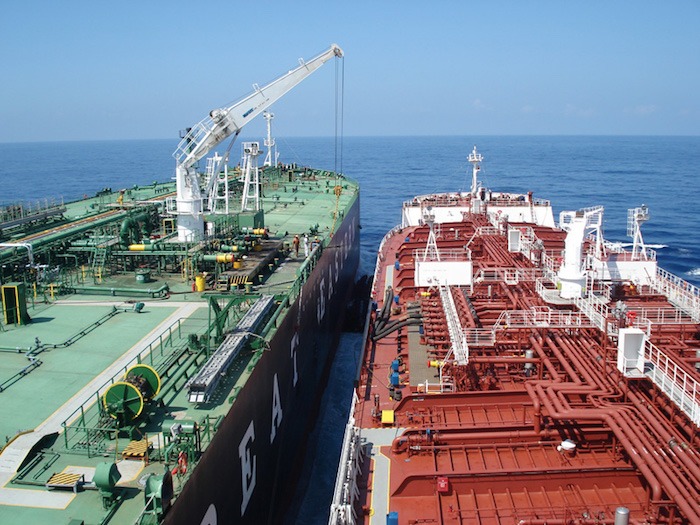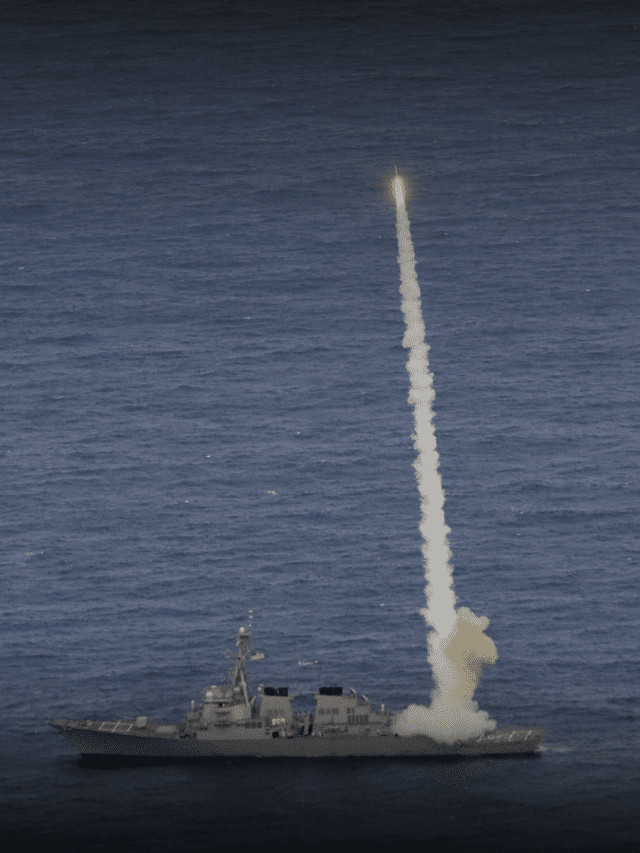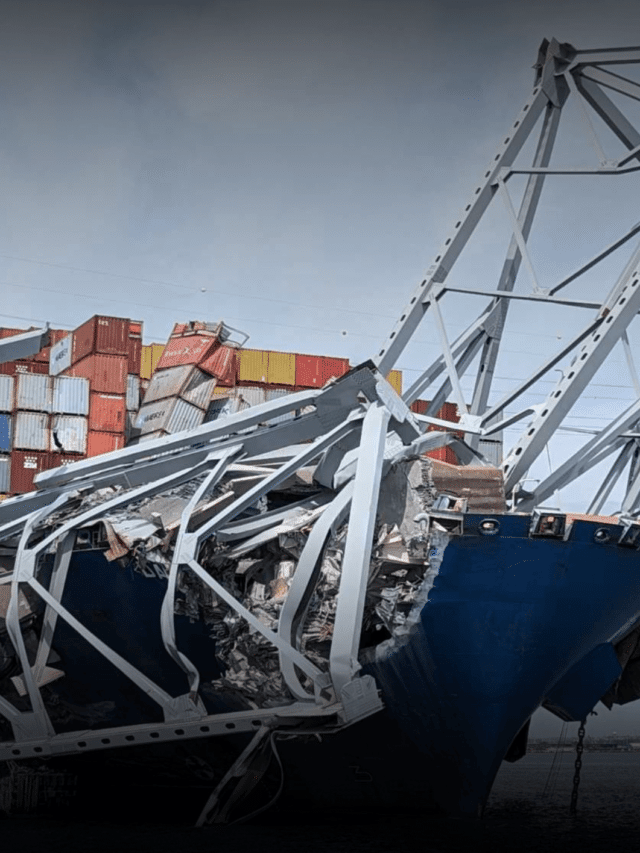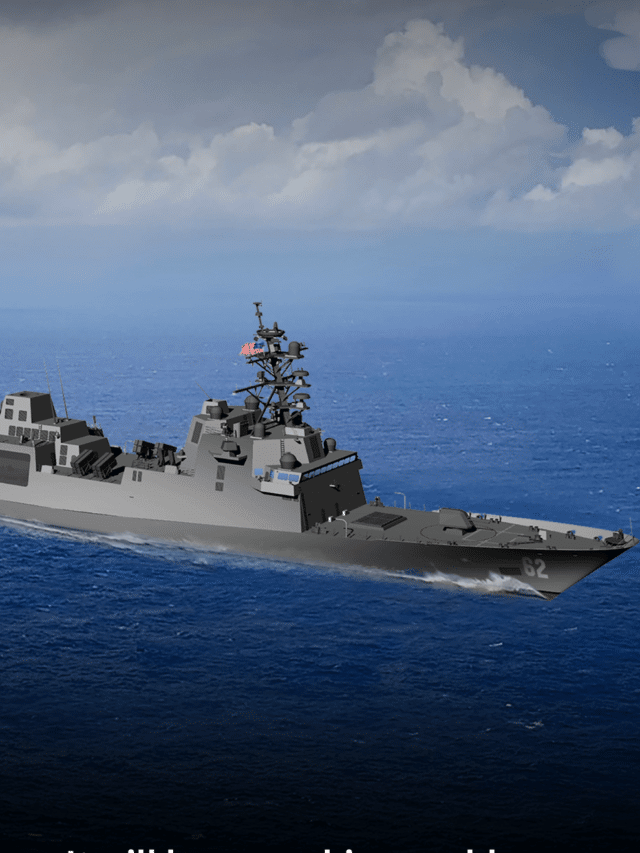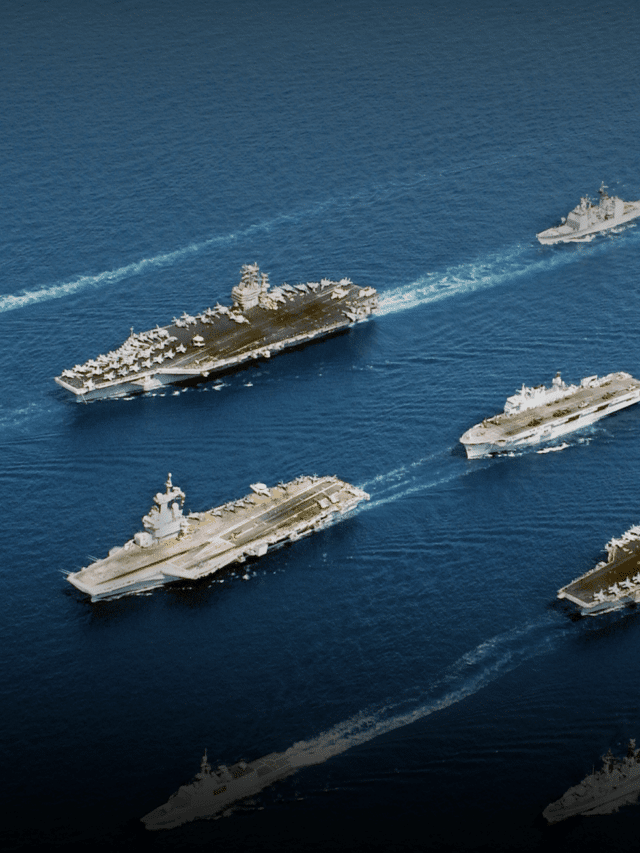How Efficient Cargo Handling can be Helpful for the Marine Environment?
Today, every aspect of the shipping industry is being developed and upgraded to tackle the problem of environmental pollution by ships. Several regulations along with modern technology are being used to counteract this problem.
With respect to the marine environment, the sector where the shipping industry must concentrate more is Cargo Handling, whose efficient operation can drastically reduce any adverse impact to the marine environment. For example, a well planned cargo operation both in port and on ship can reduce the level of emission from the ship’s machinery resulting in reduced energy consumption per transported unit.
Dry Bulk & Liquid Cargoes
During cargo handling operations in ports and harbours discharges and emissions can and do occur, often accidentally. Dry bulk cargoes such as grain/coal/iron ore/sulphur/cement clinker usually give out a lot of dust which can pose a threat to the personnel as well as the environment. Liquid bulks that are handled/transported via pipelines may carry the hazard of static sparks, spillage and/or emissions which, again, is detrimental to the environmental safety around it. Such hazards associated with the cargoes must be minimised by maximising efficient cargo handling.
Primarily speaking, while it might not be evident as to the extent of damage caused by such cargo dust, its effect on the marine life in the immediate surroundings can have exponential harmful piling up.It is imperative to comply with the MARPOL regulations with each type of cargo covered under the MARPOL annexes to keep all such hazards of damage to living resources (toxicity), bioaccumulation, hazard to human health (oral intake, inhalation and skin contact) and reduction of amenities under check. Efficient waste management is also a great aid in abetting any unnecessary consequences.
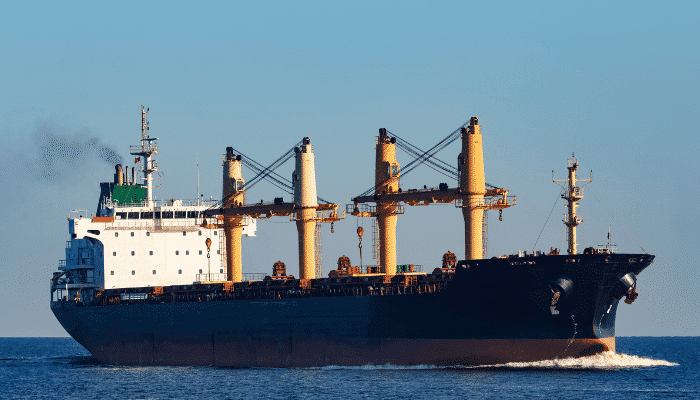
Many port and harbour operations prove to be detrimental to the marine environment. While it is assumed that the impact is insignificant in the short term, the effects of the same are accumulated over time and often spiral out of control many years later. Some of the methods to address such a situation pertaining to cargo handling and the impact of it on the marine environment are as follows:
- Company’s and IMO’s policies on management systems and environment protection (An Environmental Management System (EMS) is a structure designed to implement and establish a working environmental policy.Shipboard EMS Team is to be made responsible for identifying and monitoring any specific legal, regulatory and other relevant requirements and guidelines pertaining to the environmental programme)
- Adherence to MARPOL Annexes
- Having solid emergency response procedures in place
- Carrying out any cargo handling activities keeping in mind its effect on the immediate marine environment (for example, a sensitive zone will call for a more stringent approach towards handling than one that isn’t)
- Protection of intertidal features using breakwaters and other structures
- Carry maximum capacity which will result in less fuel consumption per cargo unit
- High capacity Loading and Unloading Operation on port to reduce ship stay time resulting in less emission on ports
- Quick turnaround time will ensure slow steaming at sea hence less emission
- Efficient cargo handling means safer and easier cargo operation and monitoring. Technology with advanced software tools are used for the same along with sophisticated equipment.
- Use of eco and user friendly cargo handling products
- Well trained shore and ship staff who concerned about safety and environment
Resources that are to be used in determining the safeguarding of the marine environment include:
- MARPOL Annex I- Regulations for the Prevention of Pollution by Oil
- MARPOL Annex II- Regulations for the Control of Pollution by Noxious Substances in Bulk
- MARPOL Annex III- Regulations for the Prevention of Pollution by Harmful Substances Carried by Sea in Packaged Form
- MARPOL Annex IV- Regulations for the Prevention of Pollution by Sewage from Ships
- MARPOL Annex V- Regulations for the Prevention of Pollution by Garbage from Ships
- MARPOL Annex VI- Regulations for the Prevention of Air Pollution from Ships
- International Convention on Oil Pollution Preparedness, Response and Co-operation 1990
- International Convention on the Prevention of Marine Pollution by the Dumping of Wastes and Other Matter (LDC)
- International Convention on the Control of Harmful Anti-Fouling Systems on Ships 2001
- International Convention for the Control and Management of Ship’s Ballast Water and Sediments 2004
- IMO Guidelines on Ship Recycling
- EU Fuel Sulphur Directive
- United States Oil Pollution Act 1990 (OPA90)
- The International Safety Management (ISM) Code
- imo.org (IMO)
- eea.eu.int
- globallast.imo.org
- uscg.mil/hq/g-m/gmhome.htm (USCG)
- intercargo.com
- intertanko.com (INTERTANKO)
- marisec.org/ics (ICS)
Do you have info to share with us ? Suggest a correction

About Author
Shilavadra Bhattacharjee is a shipbroker with a background in commercial operations after having sailed onboard as a Third Officer. His interests primarily lie in the energy sector, books and travelling.
Subscribe To Our Newsletters
By subscribing, you agree to our Privacy Policy and may receive occasional deal communications; you can unsubscribe anytime.
Web Stories



